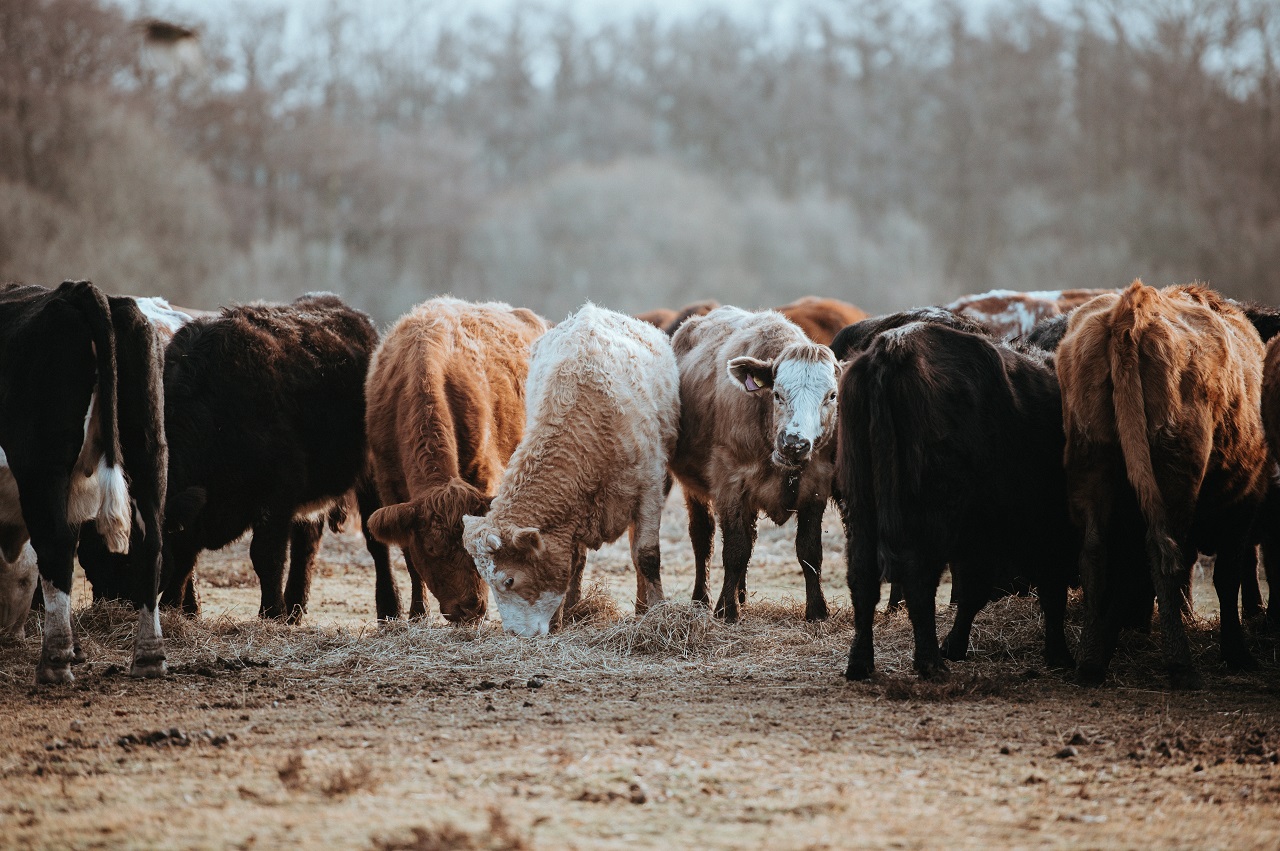
5 min read
Changing Habits - Meat Consumption
I would like to start a series about changing habits. In this series I want to ask a simple question about an habit I have and try to answer it from an economic point of view.
In this first post (and hopefully not the last) I would like to know if I should stop eating meat?
Introduction
As mentioned many times, I am a huge fan of the Freakonomics podcast. It is a must hear for everybody who is interested in behavioral and applied economics. It is also my main source to broaden economic knowledge. The latest podcast featured as “The Future of Meat”. Host Steve Dubner interviewed thinkers and researches in the field of agricultural economics and asked them about the environmental impact of meat consumption.
Meat consumption has become a major topic in my personal conversations and the public media. Many of my friends stopped eating meat due to environmental concerns. Justified by the idea of reducing carbon emissions and supporting animal welfare they commit to their decision.
However, apart from having doubts about their reasoning I was not able disprove nor prove their claims. Having a factual discussion on this topic is difficult. Mainly, because it is difficult to get valid statistics and informations relating meat consumption and its environmental impact. Further, peoples opinions are strongly influenced by the negative publicity meat consumption receives and tend to argue less factual.
For my part I think the issue is much more complex than we would like it to be. The podcast helped me to understand the issue.
Next, I will talk about what I have learned.
Lessons Learned
Based on claims from the podcast I’ll present points that I conclude into behavior change statements.
Considering the aspect of animal welfare, slaughtering animals for food is indeed unreasonable.
The cow did not evolve to be meat.
– Pat Brown, Founder of Impossible Foods
Food production is highly inefficient.
The most environmentally destructive technology on earth: using animals in food production. Nothing else even comes close.
– Pat Brown, Founder of Impossible Foods
Technologies have an huge impact on meat consumption. We do not eat mutton anymore because polyester has been invented.
So anything that affects the demand for wool is also going to affect the underlying market for the rest of the underlying animal.
– Jayson Lusk, Food and Agricultural Economist
Meat demand is stable, despite negative framing of meat consumption.
Boy, people must be really cutting back, given the sort of frightful stories that you see on the front pages of the newspapers. But if you look at the data itself, demand looks fairly stable.
– Jayson Lusk, Food and Agricultural Economist
The solution to reduce CO2 emissions is controversial.
The way to reduce carbon emissions is to intensify animal production, that’s not a story a lot of people like to hear.
– Jayson Lusk, Food and Agricultural Economist
Many agricultural problems root in meat production.
Every environmental problem related to contemporary agriculture ends up having its deepest roots in meat production: monocropping, excessive applications of nitrogen fertilizer, addiction to insecticides, rain-forest depletion, land degradation, topsoil runoff, declining water supplies, even global warming.
– James McWilliams, Agricultural Historian
Making a morale argument in support of an environmental problem is ineffective.
Many of us, when we feel strongly about something — an environmental issue or a social or economic issue — we’re inclined to put forth a moral argument. A moral argument would appear to be persuasive evidence of the highest order: you should do this thing because it’s the right thing to do. But there’s a ton of research showing that moral arguments are generally ineffective; people may smile at you, and nod; but they won’t change their behavior.
– Stephen Dubner, Host
The meat industry won’t go anywhere soon.
It is very unlikely to disappear any time soon; it is a trillion-dollar global industry, supported in many places by government subsidies, selling a product that billions of people consume once, twice, even three times a day.
– Stephen Dubner, Host
Alternative “meat” is on the way.
A change in the industry happens rather on the supply side than on the demand side.
It wasn’t an ethical movement, it wasn’t that people woke up one day and decided, “Oh, killing whales is wrong.” It was that we ended up using kerosene instead. We found another technological solution, a supply-side change that didn’t play on people’s morals in order to win.
– Michael Selden, CEO of Finless Foods
For detailed statements checkout the podcasts script.
Changes
Based on these statements I concluded the following points for myself:
-
I will eat less meat, down to about one portion a week, however, I do not believe that this will resolve environmental issues.
-
Technological advancement will ultimately put a hold on the meat industry. And the companies that research alternative meats must be supported.
-
I will reject moral arguments against eating meat due to the political ineffectiveness.
Discussion
I highly value the opinion and interviews done by Freakonomics aka Steve Dubner. Nonetheless, I feel naive considering this the only source of truth to make up my mind. There are other disciplines such as the psychological aspect to consider on this topic. Therefore I would value any inputs and comments.
Categories: BlogTags: meat , consumption , economics
Edit this page
Show statistic for this page